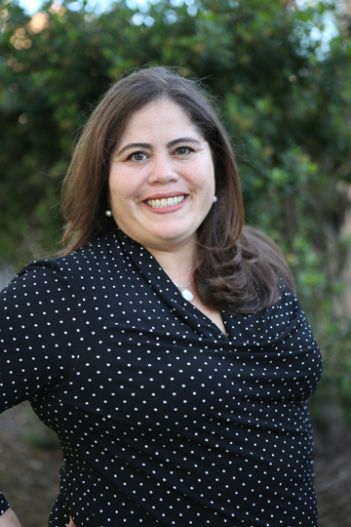Runoff Histories: Fertilized Fields and Contaminated Water in Northern Mexico

April 29, 2024
4:45 pm
Uris Hall, Conference Room, 153
Latin American and Caribbean Studies Program (LACS) Seminar Series
The mid-1960s ushered in an era of the belief in technological fixes for many social ills. Chief among these was a push to end global hunger using designer seeds that could yield more and thus feed more people. These seeds, developed in Mexican experiment stations, were disease resistant in addition to high-yielding. Yet to fully function these seeds needed fertilizer—lots of it. In the hurried quest to find a solution to end global hunger neither the social nor ecological impacts were considered. This talk examines how Mexico became a leading producer of wheat germplasm, how it was instrumental in finding a solution to end global hunger in the mid-twentieth century, and how the decades-long use of fertilizer to produce more food has had devastating consequences today, including contaminated groundwater and the health issues of local people.
Gabriela Soto Laveaga is Professor of the History of Science and Antonio Madero Professor for the Study of Mexico at Harvard University. Her current research interests interrogate knowledge production and circulation between Mexico and India; medical professionals and social movements; and science and development projects in the twentieth century. She is currently the 2023-2024 Dibner Distinguished Fellow in the History of Science and Technology at The Huntington.
Her first book, Jungle Laboratories: Mexican Peasants, National Projects and the Making of the Pill, won the Robert K. Merton Best Book prize in Science, Knowledge, and Technology Studies from the American Sociological Association. Her second monograph, Sanitizing Rebellion: Physician Strikes, Public Health and Repression in Twentieth Century Mexico, examines the role of healthcare providers as both critical actors in the formation of modern states and as social agitators. Her latest book project seeks to re-narrate histories of twentieth century agriculture development aid from the point of view of India and Mexico.'
Additional Information
Program
Einaudi Center for International Studies
Latin American and Caribbean Studies
